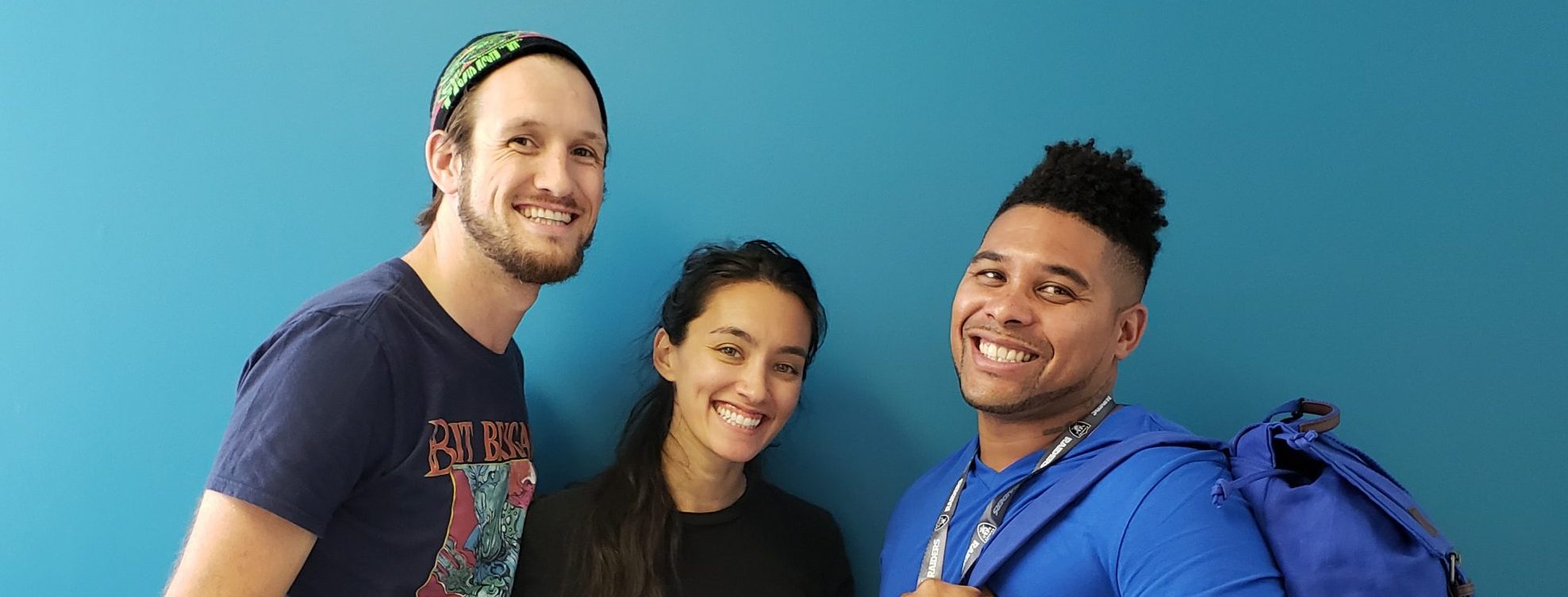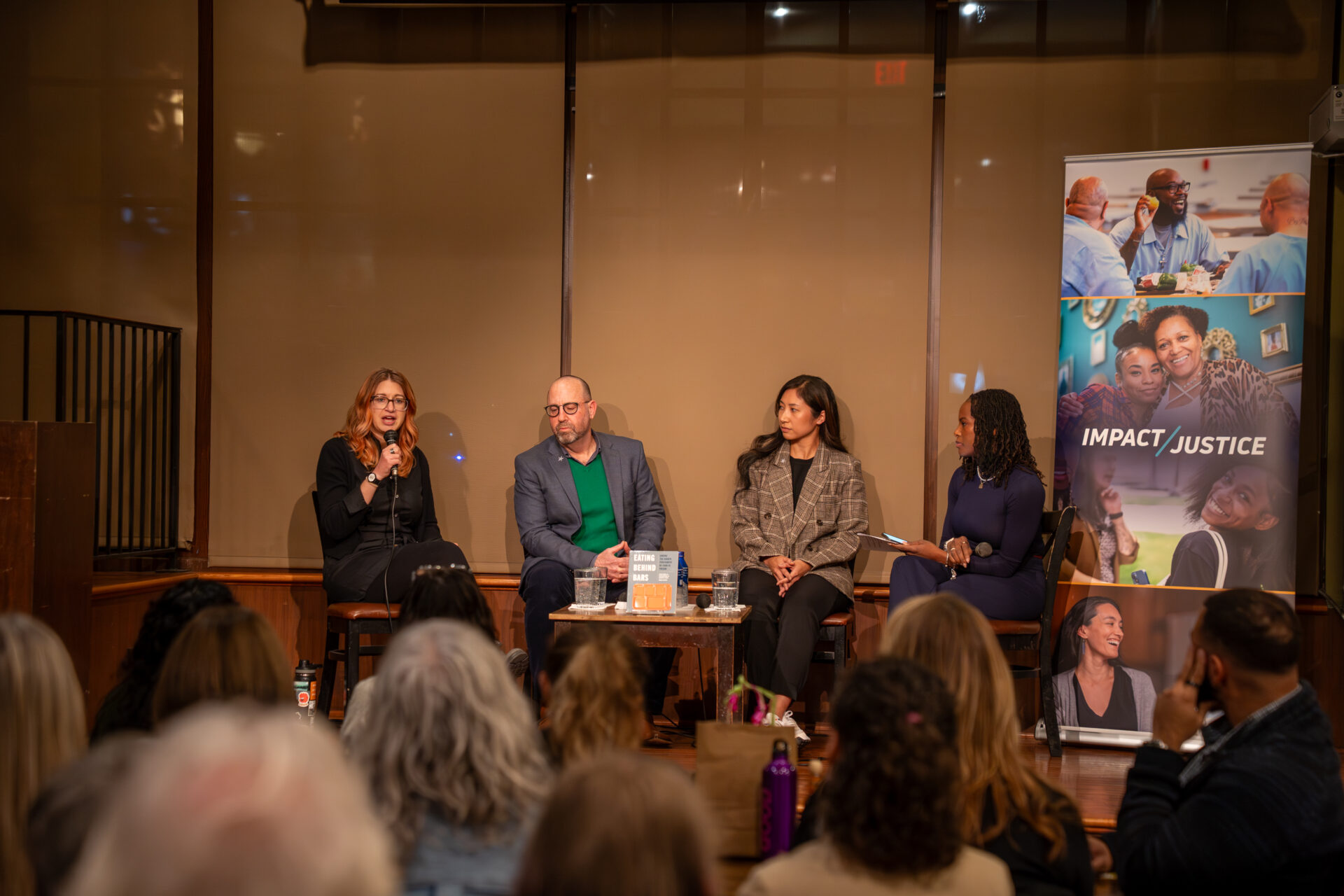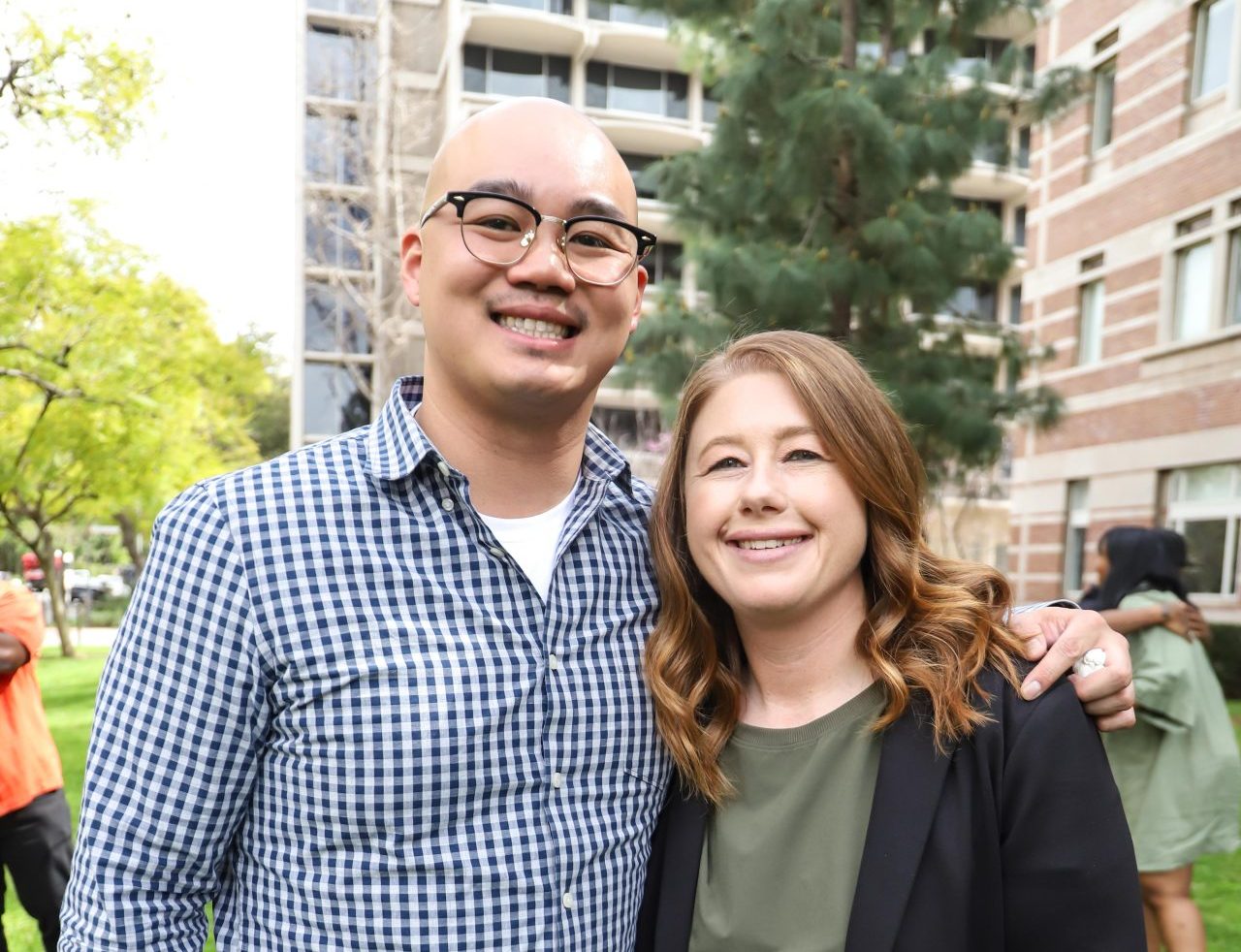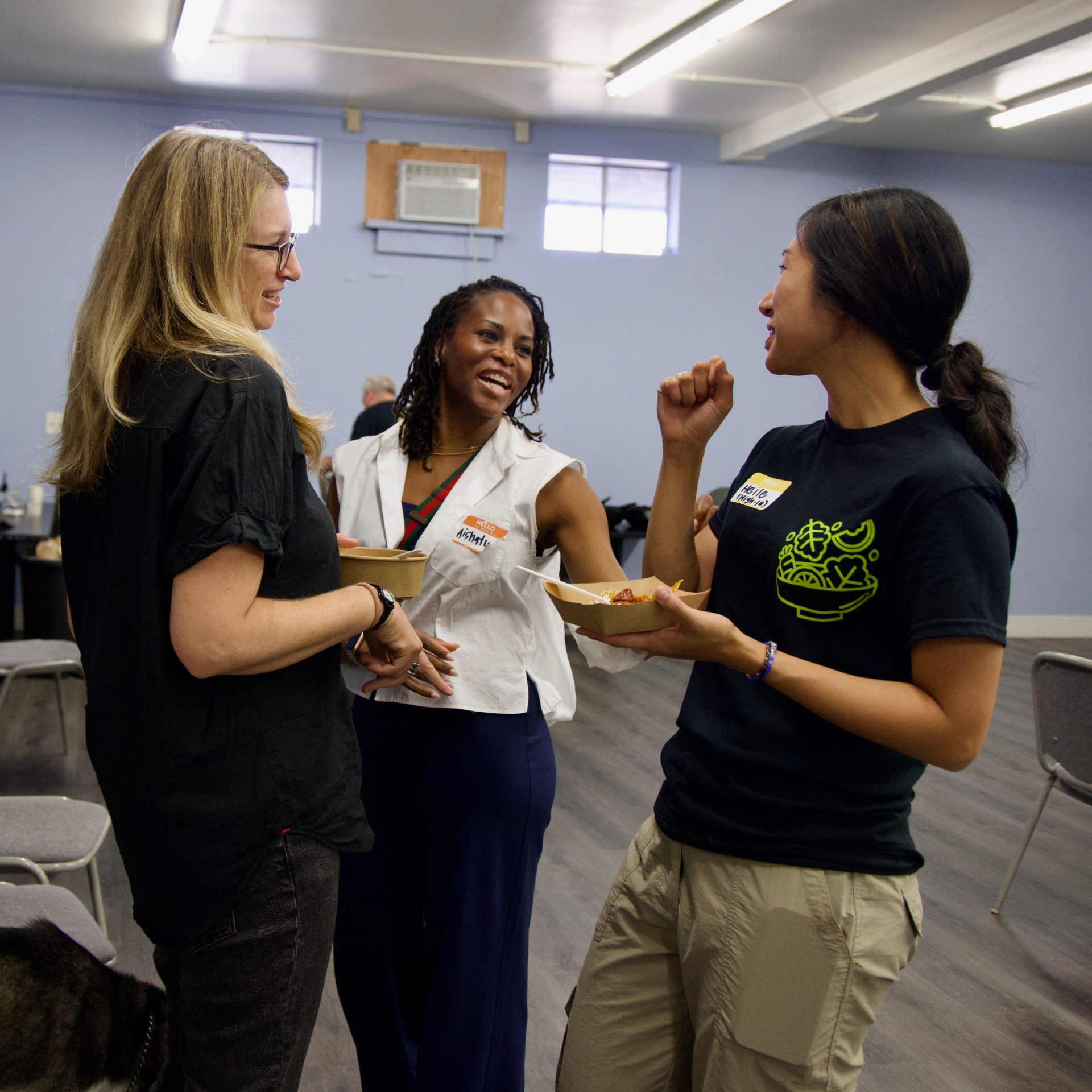Jason Jones didn’t anticipate how much the Homecoming Project would help him succeed when he was released from San Quentin State Prison. But the home he found with hosts Tamiko Panzella and Joe Klein has become more than a stable place to sleep. He also found good friends and a community who have supported his every step, according to NPR’s Eric Westevelt, who shares Jason’s story as he transitions back to society.
As thousands of people leave prison each year, that transition is usually rife with challenges. Before formerly incarcerated people can find stable jobs, address health problems, or learn new skills, they first need a safe and stable place to live. Yet the odds are stacked against people leaving prison, despite their best intentions and ambitions. Many people have no home to return to, and face a real estate market where affordable housing is scarce and potentially off-limits to someone with a criminal record. In effect, we marginalize people, setting them up to fail, at the very moment we should embrace them.
We looked at the success of Airbnb and the sharing economy, and saw a model that could be adapted to meet this need. The Homecoming Project provides subsidies to homeowners in exchange for renting a room at an affordable rate to someone returning home from prison. By matching formerly incarcerated people with this form of safe and stable housing, the project not only bridges a gap in services, it also bridges a social divide.
The project empowers hosts and returnees through a strong screening and matching process by offering ongoing support services including communications, problem solving, decision-making, and collaboration skills coaching. It sets clear rules and expectations for all, ensuring a successful re-entry and inspiring relationship with positive outcomes.
In addition, hosts enjoy additional income while helping to rebuild lives, reunite families, and strengthen communities. Returnees gain a safe and stable environment to live in, greatly increasing their chances of obtaining employment, gaining new skills, and reducing the likelihood of returning to prison. In addition, our communities will see reductions in homelessness and increases in public safety.
There are many way you can support the Homecoming Project. Download our Homecoming Project brochure, and consider making a donation to support this pioneering program.
In addition, if you live in Alameda County and would consider becoming a host, please email homecomingproject@impactjustice.org. You can also join our Referral Bonus Program and earn $200 for every successful host you refer.
For more questions and information, please email homecomingproject@impactjustice.org.



